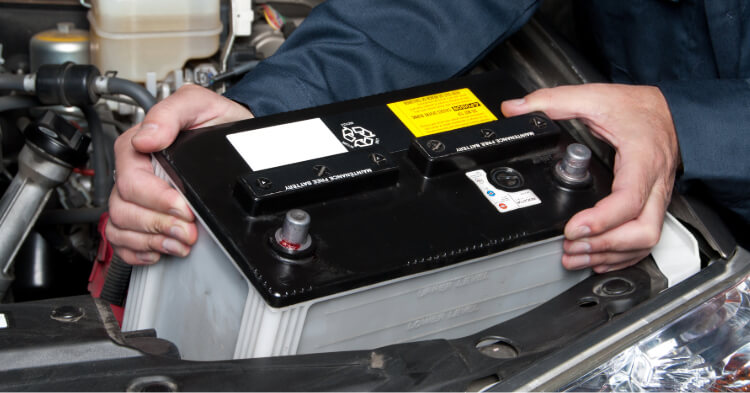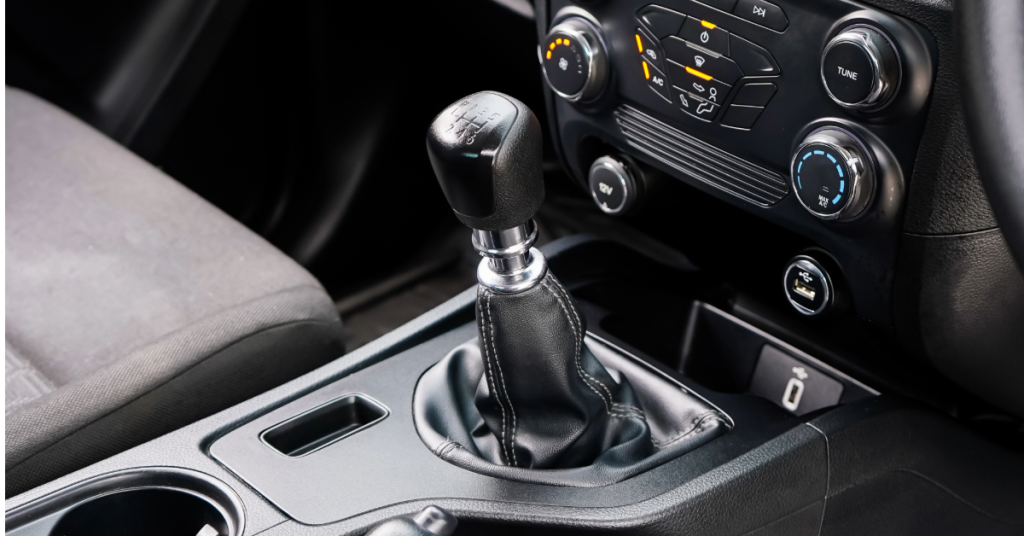Dealing with a dead car battery? Learn the top 5 things that are killing your car battery and how to prevent them. Our guide reveals the main reasons and simple steps to keep your battery reliable.

If you’ve ever purchased a vehicle, you’ve likely been offered a warranty. But between the sales pitch and the fine print, it can be difficult to determine if these protection plans are actually worth your money. This guide breaks down everything you need to know about car warranties to help you make an informed decision.

Car warranties come in two main flavors: factory warranties that come with new vehicles, and extended warranties that you can purchase separately.
A factory warranty typically covers your vehicle for the first 3-5 years or up to a certain mileage (often 36,000-60,000 miles). These usually include:
Extended warranties pick up where factory warranties leave off, providing continued protection after your original coverage expires.
One of the biggest misconceptions about warranties is that they cover everything. Unfortunately, that’s rarely the case.
Typically covered:
Usually excluded:
As Mike, a Toyota owner from Oregon, discovered: “I thought my extended warranty would cover everything, but when my brake pads needed replacing at 45,000 miles, I was surprised to learn that was considered ‘normal wear and tear’ and wasn’t covered.”
Extended warranties typically cost between $1,000 and $4,000 depending on your vehicle and the level of coverage. Many dealers offer financing options that let you roll this cost into your monthly car payment, which can make it seem more affordable.
However, there are usually additional costs to consider:
Before signing any warranty contract, be aware of these potential hidden costs:
While dealer-offered warranties are the most common, they’re not your only option:
Peace of mind is the biggest selling point for warranties. Knowing that you won’t face a surprise $3,000 repair bill can be worth the upfront cost for many drivers.
Extended warranties make particular sense for:
Consumer Reports found that 55% of people who purchased extended warranties never used them, and those who did often paid more for the warranty than they saved on repairs.
Extended warranties might not be worth it if:
If you’re on the fence about purchasing a warranty, consider these alternatives:
While warranties aren’t for everyone, they can be financially sound in these scenarios:
Ultimately, the value of a car warranty depends on your specific situation. Before making a decision:
Remember that warranties are essentially insurance products. Like all insurance, their value isn’t just in what they might pay out, but in the peace of mind they provide.
Car warranties, like most financial products, aren’t inherently good or bad—they’re tools that make sense in some situations and not others. By understanding what warranties do and don’t cover, their true costs, and your specific needs, you can make an informed decision about whether a warranty is right for you.
What’s your experience with car warranties? Have they saved you money or felt like an unnecessary expense? Share your thoughts in the comments below!

Dealing with a dead car battery? Learn the top 5 things that are killing your car battery and how to prevent them. Our guide reveals the main reasons and simple steps to keep your battery reliable.

Winter driving presents unique challenges, and staying safe on the road requires updated knowledge and preparation. This guide will cover vehicle preparation, driving skills, and essential safety measures. Equip yourself with these tips to navigate snow and ice confidently and safely.

Choosing between AWD and 4WD depends on your driving needs. AWD continuously powers all wheels, making it suitable for urban and diverse conditions. 4WD powers all wheels only when needed, ideal for off-roading. This article will explore AWD vs 4WD differences to help you decide the best option.

Manual or automatic is a crucial decision that can significantly impact your driving experience. So, let’s put the pedal to the metal and navigate the winding road of this manual or automatic transmission tussle.

All drivers are required to be insured. Make sure you understand the ins and outs of car insurance before hitting the road.
